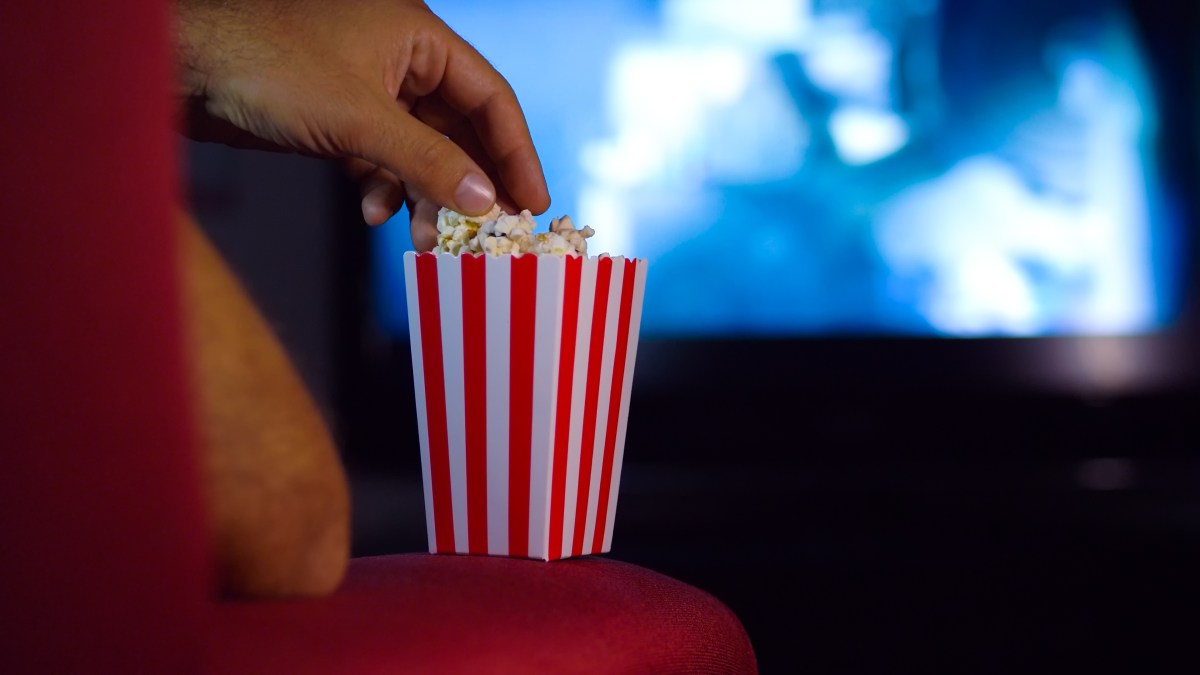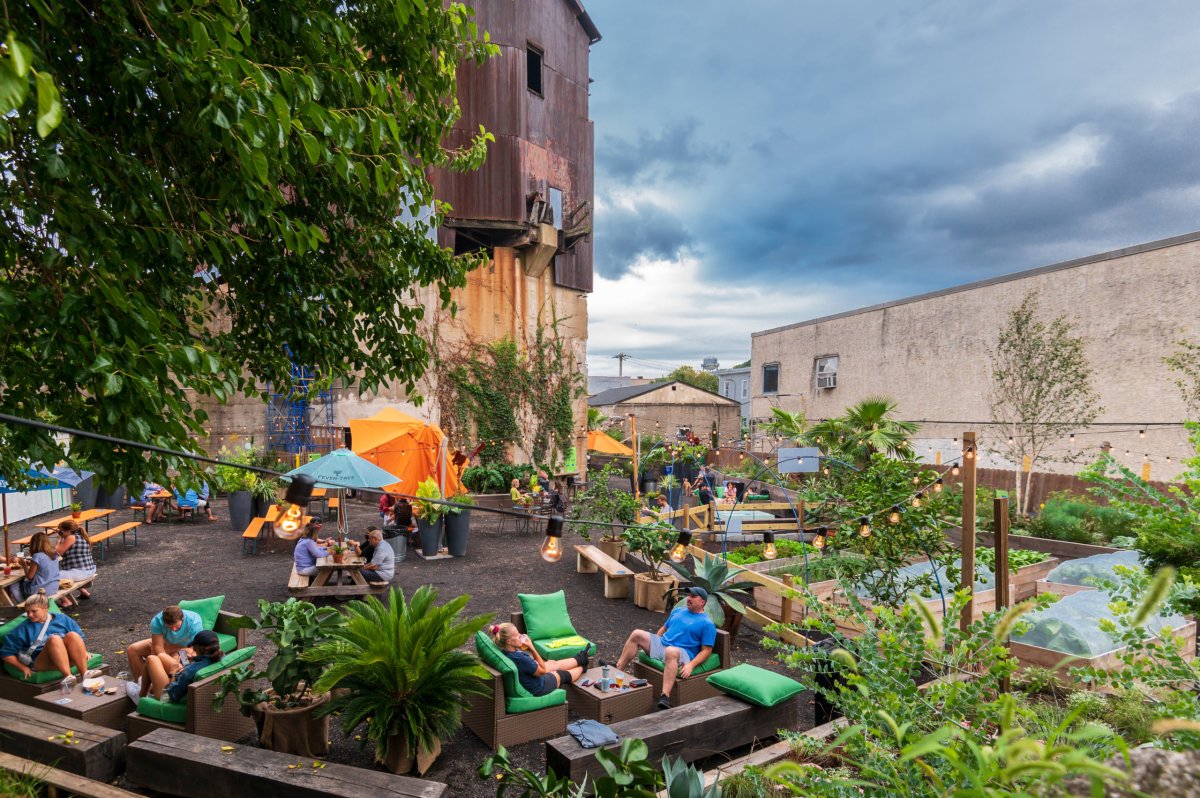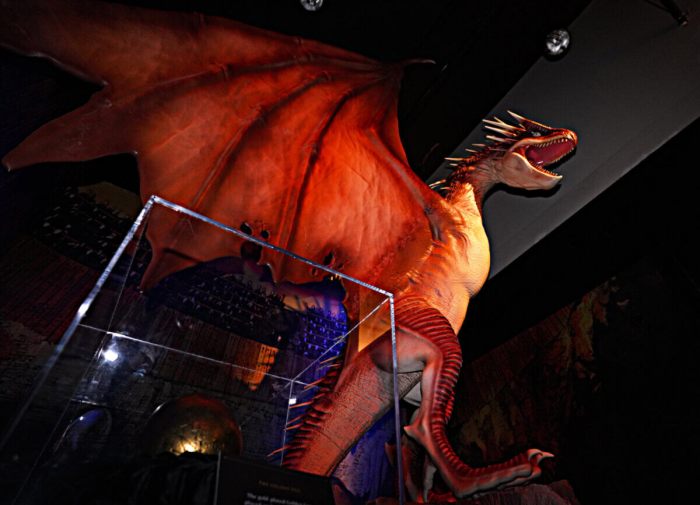LOS ANGELES (AP) — In the last several decades, rock music has been declared dead countless times. But the flame that animates the spirit of the genre always seems to reignite — even if it looks different than before.
The Last Dinner Party is the latest iteration of the trick candle that is rock ‘n’ roll — a band devoid of men and made up of Gen Z musicians so skilled in their crafts that conspiracy theories abound about the British group being an industry plant. Their first single, “Nothing Matters,” continued to gain momentum for months after it came out last April, eventually hitting the Billboard adult alternative top 10.
Ahead of the release of their debut album, “Prelude to Ecstasy,” on Friday, lead singer Abigail Morris and guitarist Emily Roberts spoke with The Associated Press about everything from musical influences to embracing femininity in a traditionally male-dominated world. The interview has been edited for clarity and brevity.
MORRIS: I feel pretty ready. I’m just excited. I’m really excited for people to hear everything. Because, you know, we’re so proud of it. And we made what we wanted to make. I think also because we’re looking forward. We’re kind of thinking about album two and writing more stuff.
ROBERTS: I say it’s not as conscious a choice as that. Like, it was just coincidence, we were just friends.
MORRIS: Yeah. I guess it’s not super thought out. We’re just being ourselves, basically. And I think just because we’re women and nonbinary people, then that’s what it looks like. You know? We’re not trying to be specifically feminist or feminine. We just all are feminists and all not men. And our style and our look is just our own experiences and us just being really true to ourselves. … We’re not trying to make a statement, but it ends up being a statement because it’s unfortunately unusual. And it shouldn’t be unusual. And hopefully one day it’s not.
MORRIS: We all kind of met from different unis. Me and Georgia and Lizzie were at one uni in London, and then we became friends, and we were like, “Let’s start a band.” And then, I met Emily through a mutual friend, and then Em and Aurora were friends because they’d worked on a project together at that uni.
ROBERTS: We all graduated. We were too nerdy. We couldn’t stop.
ROBERTS: Yeah. I started really young when I was 6. I started doing classical guitar, which I didn’t really get along with because it was really hard and I had to learn all these ways of notation. And it just felt really slow. And all I wanted to do was be able to play songs. So I just got a different teacher because I walked in on my friends having a lesson and I was like, “This is the best thing ever.” So, then I started learning with him on acoustic guitar. Learning Eric Clapton and Led Zeppelin and a bit of Jeff Buckley. So I guess that’s kind of the main reason why I’m still playing is because he helped me to enjoy it and see the fun in playing music.
ROBERTS: I suppose the only strategic element that we did was playing gigs and having our fan base grow from our performances, rather than like an online TikTok thing or like releasing music ourselves. It was just like, we want to do it the old-fashioned way, word of mouth. And we’re playing tiny gigs and then twice as many as before would come. … And then I guess, in terms of release stuff, like it’s kind of having good management and a good label. And all of that kind of, again, came from our live performances. And this guy, Lou Smith, he put videos on YouTube of us playing. And then our management and label found us through that, which is cool.
MORRIS: Yeah. I think it’s just the natural rise and fall of trends and of, what’s the word, like culture and cycles. … Every four or five years there’s a different kind of thing that’s à la mode. It’s so funny because then people kind of have short-term memory loss and they forget everything that came before, and then it comes back and it’s a new thing. Like for a while it was, especially over COVID, the rise of the bedroom pop producer, one person putting their stuff out … that was popular. And I think now, people want to see bands again. And it’s just, we’re lucky that we’ve kind of come up as that pendulum has swung back.
So, I think it’s just a thing that people always like to say. They like to say things like “last rock band ever” or “first rock band ever,” or “first women to do this.” And it’s not true. Like everything’s been done before. Culture’s dead. We’re just part of a new cycle, and it’s nice that people are enjoying rock bands again.

























